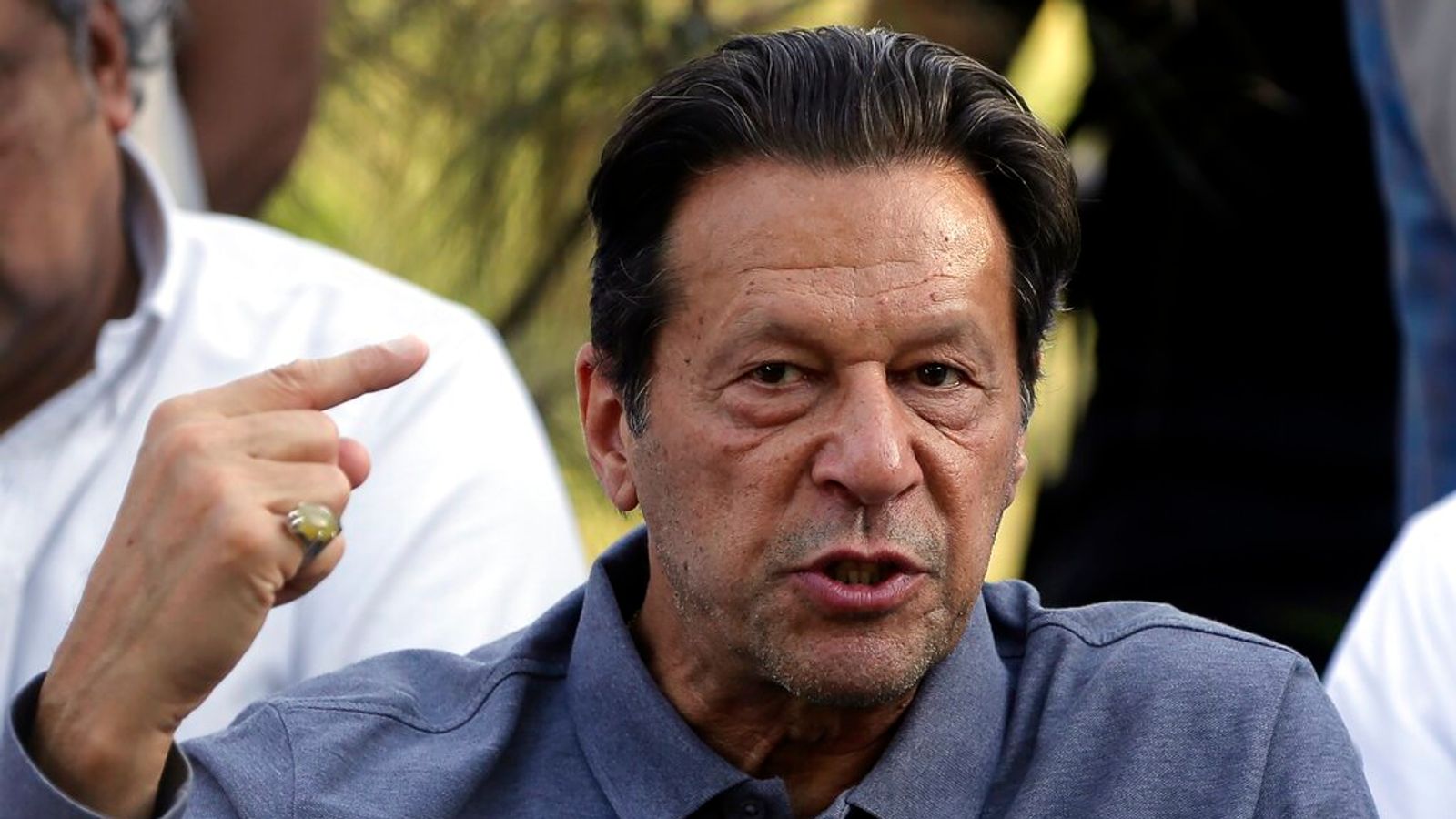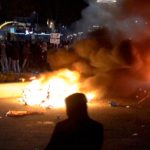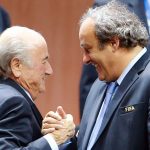Pakistan’s former prime minister Imran Khan has been disqualified from holding public office.
Mr Khan, 70, was handed a ban by the country’s election commission after being found guilty of unlawfully selling state gifts from other world leaders and foreign dignitaries worth more than 140m Pakistani Rupees (£572,000).
According to government officials, the presents included valuable wristwatches given by a royal family, which are alleged to have been sold in Dubai by Khan’s aides.
Mr Khan, who denied the charges, was accused of misusing his position to purchase and sell gifts received during state visits. He also concealed the profits he made, the tribunal ruled.
Dozens of Mr Khan’s supporters gathered outside the Election Commission of Pakistan in capital Islamabad after the highly-anticipated ruling was announced on Friday, six months after he was ousted by a no confidence vote.
The former cricket hero is now likely to lose his seat in the National Assembly of Pakistan, according to legal experts.
He was branded a “certified thief” by opposition leader Maryam Nawaz, of the ruling Pakistan Muslim League-Nawaz party, as law minister Azam Nazir Tarar said the sale of the watches amounted to an “immoral and diplomatic embarrassment”.
Imran Khan: Former Pakistan prime minister charged under anti-terror law
Imran Khan: Former Pakistan PM defends Kremlin visit on same day that Russia invaded Ukraine
Crispin Blunt reiterates defence of ex-Tory MP Imran Ahmad Khan as he claims sex offender ‘did not get fair trial’
“Imran Khan not only lied to the election commission by not declaring his accurate assets and his sources of income, he also lied to the people of Pakistan,” Mr Tarar said.
Under Pakistani law, a legislator found guilty of corruption or misuse of public office can be barred for up to five years.
The commission will give a more detailed ruling including the length of the ban later on Friday.
Mr Khan’s lawyer, Fawad Chaudhry, condemned the decision as an “illegal and unconstitutional order,” insisting the commission had no jurisdiction in the matter.
“The election commission doesn’t have a legal authority to give a ruling in such cases,” Mr Chaudhry said, adding an application to challenge the decision would be lodged with the high court.
Mr Khan’s Tehreek-e-Insaf party called on supporters to protest peacefully in the streets to voice their discontent over the decision and “topple this parliament”.
Pakistan’s coalition government, led by Mr Khan’s successor, Prime Minister Shehbaz Sharif, petitioned the election commission to seek action over charges he unlawfully sold state gifts and concealed assets.
After the verdict was announced, Pakistan’s foreign minister Bilawal Bhutto Zardari tweeted: “He who would spread lies about alleged corruption of his political opponents has been caught red-handed.”
First Pakistani PM to be ousted by no confidence vote
Mr Khan became the first Pakistani leader to be removed with a no confidence vote over claims of economic and political mismanagement – as opponents criticised him for failing to revive the economy and stamp out corruption.
The sportsman turned politician alleges his government was dismantled by Mr Sharif in a plot with US officials – but has not provided evidence to support his claims, which have been denied.
Breaking his silence after he was ousted, Mr Khan tweeted: “Pakistan became an independent state in 1947; but the freedom struggle begins again today in a foreign conspiracy of regime change.
“It is always the people of the country who defend their sovereignty and democracy.”
The decision to disqualify him from holding office comes days before he is expected to announce a march on Islamabad to force Mr Sharif to hold snap elections.






















